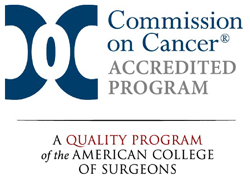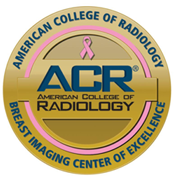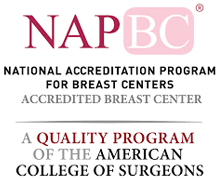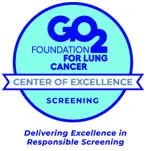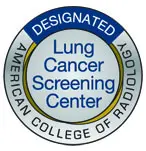Head and Neck Cancer
Head and neck cancer is a broad term encompassing a variety of cancers that form in or around the mouth, throat, larynx, nose, sinuses, and salivary glands. Head and neck cancers are a diverse group of malignancies, each named based upon the region of the body where it develops.
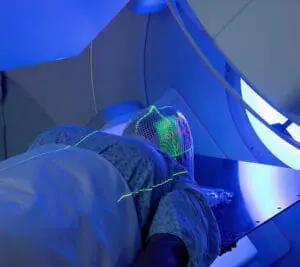 Customized Care for Head and Neck Cancer
Customized Care for Head and Neck Cancer
At Phoebe Cancer Center, our treatment program is Commission on Cancer certified, and uses a multi-disciplinary team approach to customized cancer care. If you are diagnosed with any head or neck cancer, your Phoebe Cancer team will work with you to develop a custom treatment plan, helping build goals, set expectations, and explain any potential side effects of available treatments.

